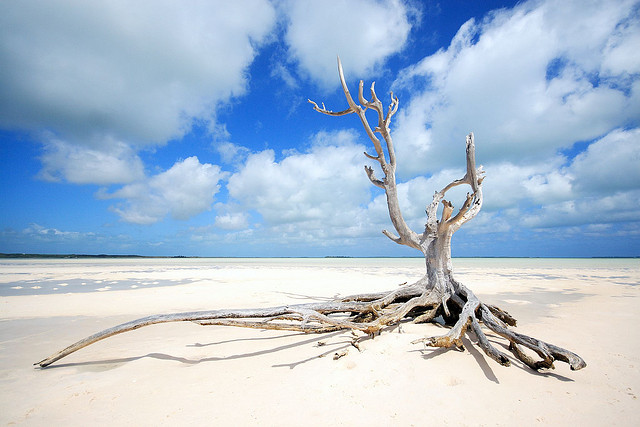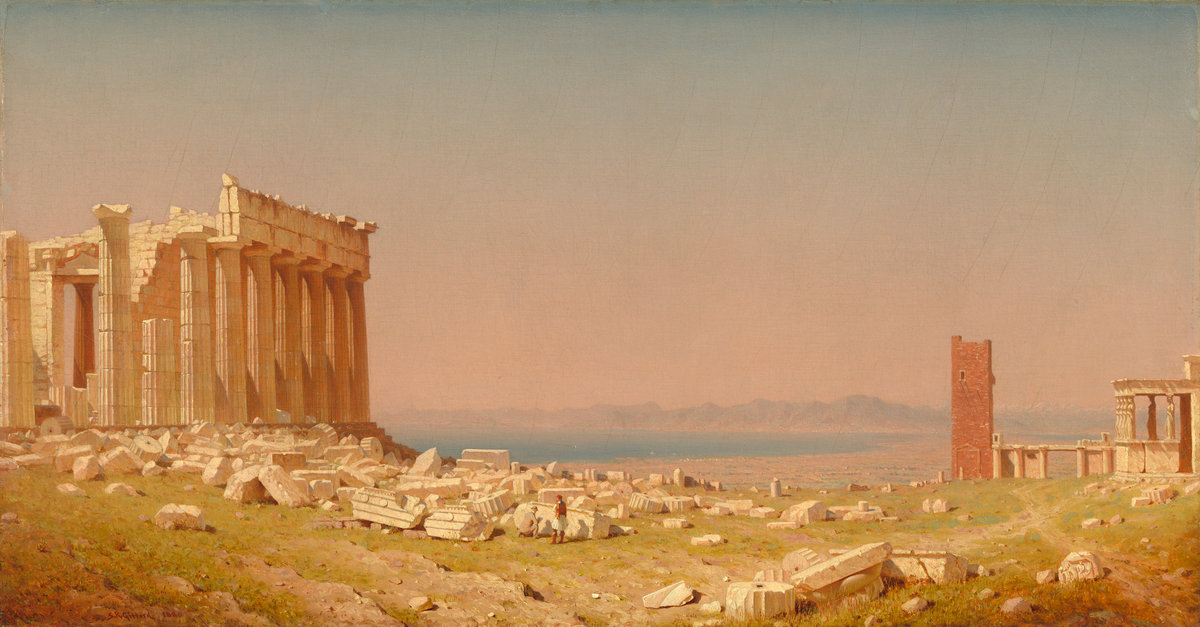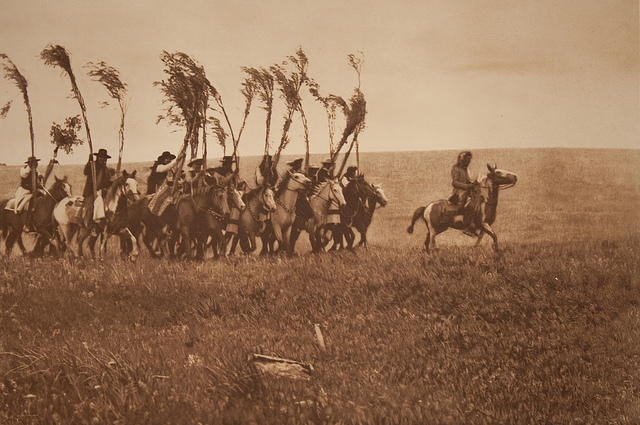
Matthew Barber writes from near the front lines in Iraqi Kurdistan on the chaos produced by the Islamic State’s advance (his twitter account, @Matthew_Barber, has also offered some of the best on-the-ground reporting). A few days after Barber’s article was published, the good news that many Yazidis thought to be trapped on Mount Sinjar escaped reached the US public. However, for another Iraqi minority village comprised of Shiite Turkmen, the situation is exceedingly bleak as IS fighters close in. For Brookings, Kenneth Pollack has an extended overview on various aspects of the IS’s offensive against the Kurds. Additionally, this institutional history of the Kurdish peshmerga forces helps to explain their recent defeats. In the Monkey Cage, Marc Lynch forcefully argues that the US never had the ability to strongly influence the conflict in Syria or prevent the rise of the IS. Finally, Vice News has a five-part documentary by Medyan Dairieh looking at conditions inside IS-governed Syria.
Political Violence @ a Glance contributor Steve Saideman writes on what international relations can teach us about the shooting of Mike Brown and the subsequent protests in Ferguson, Missouri. Relatedly, Kelsey Atherton put together a Storify outlining veterans’ views on the mistakes made by police in Ferguson.
Human Rights Watch’s Executive Director Ken Roth looks at Egypt’s attempts to cover up the massacre of Muslim Brotherhood supporters in Rabaa Square and his own failed attempt to enter the country.
At Africa in Transition, guest blogger Jim Sanders has a fascinating post on how Boko Haram constructs its own reality and why analysts have been unable to make sense of the group.
Zack Beauchamp has an extended article explaining America’s waning power in the Middle East as the region evolves. It’s well worth a read. Somewhat relatedly, Jack Goldstone seeks to understand the rise of the Islamic state through a historical analysis of other revolutionary movements.
In +972 magazine, Mairav Zonszein argues that the politics of the conflict in Gaza are more important than the casualty count.
Wired has an extended article about Edward Snowden. Along with commentary, the author interviews Snowden and offers some revelations discovered by Snowden for the first time (including that an NSA employee accidentally shut down Syria’s internet briefly in 2012).
Sean Langberg synthesizes some of the literature on why individuals participate in mass killings. Also on the topic of mass killing, Dhruva Jaishankar argues that preventing and mitigating genocide has never been a central interest of the United States. Finally, examining the use of the word “genocide” during the conflict in Gaza.







